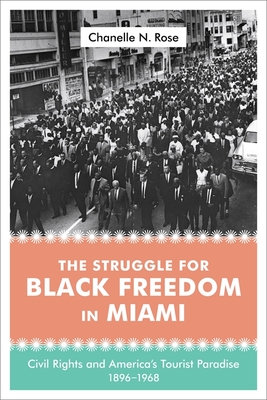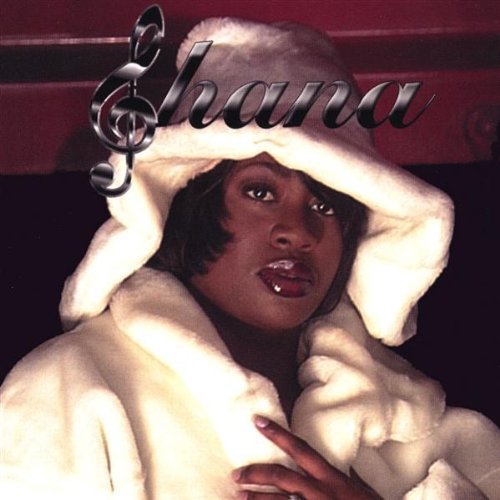
Rose, Chanelle Nyree
product information
description
9
Offering new insights into Florida's position within the cultural legacy of the South, The Struggle for Black Freedom in Miami explores the long fight for civil rights in one of the country's most popular tourist destinations. Chanelle N. Rose examines how the sustained tourism and rapid demographic changes that characterized Miami for much of the twentieth century undermined constructions of blackness and whiteness that remained more firmly entrenched in other parts of the South.
The convergence of cultural practices in Miami from the American South and North, the Caribbean, and Latin America created a border community that never fit comfortably within the paradigm of the Deep South experience. As white civic elites scrambled to secure the city's burgeoning reputation as the Gateway to the Americas, an influx of Spanish-speaking migrants and tourists had a transformative effect on conventional notions of blackness. Business owners and city boosters resisted arbitrary racial distinctions and even permitted dark-skinned Latinos access to public accommodations that were otherwise off limits to nonwhites in the South. At the same time, civil-rights activists waged a fierce battle against the antiblack discrimination and violence that lay beneath the public image of Miami as a place relatively tolerant of racial diversity. In its exploration of regional distinctions, transnational forces, and the effect of both on the civil rights battle, The Struggle for Black Freedom in Miami complicates the black/white binary and offers a new way of understanding the complexity of racial traditions and white supremacy in southern metropolises like Miami.member goods
No member items were found under this heading.
Return Policy
All sales are final
Shipping
No special shipping considerations available.
Shipping fees determined at checkout.







